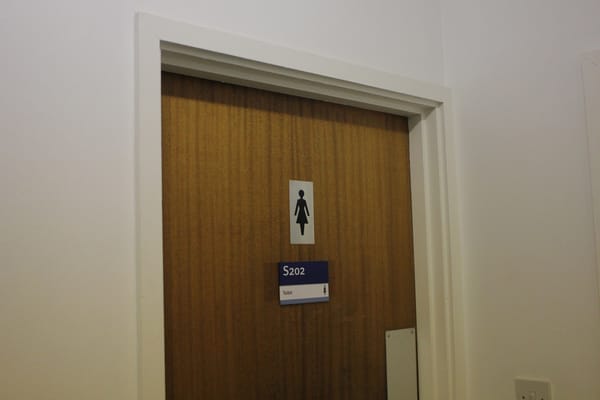The American Dream
Graduate studies in the USA

If you think the grass might be greener on the other side of the pond, here’s what you need to know to apply for a PhD at US universities.
Generally, graduate studies in the United States take five years. This seems like a long time compared to the three years of a PhD in the UK. However, the first year of the US PhD is equivalent to the one year Masters of Science courses in the UK, which means that the effective time you spend doing PhD research is only a year longer than its UK counterpart. If you are considering an academic career this extra year might give you a crucial advantage when competing for postdoc positions. As a PhD student you often have the most productive phase in your third and fourth years.
During your first year of graduate studies you will do a Masters degree. Hence it is most convenient to continue in the US after your three year BSc course at Imperial College. However, a Masters in your pocket will not weigh you down. While you still have to take the so called qualifying examinations for the US Masters, the courses will often be very similar to the ones you have already done and you won’t need to do them again, which leaves time for research in your first year. If there is a considerable overlap, you might be able to do the qualifying exams at the beginning of your graduate studies and obtain the US masters after a few weeks in graduate school. Some universities even offer an initial ‘free shot’ at these exams.
So how do you get in? There is no central application system like UCAS and there are typically no interviews, which might be a relief for some of you given the track record of the average Imperial Student at Oxbridge interviews. An application to US universities has three components: a statement of purpose, GRE exams and letters of recommendation.
The statement of purpose is much like your personal statement, where you elaborate on your motivations, experience and research interests. The GRE exams are like the SATs for graduate students and are divided into a general GRE and a subject GRE. The general GRE consists of three sections that test your verbal, quantitative and writing skills. To see which scores will get you into which grad school you can check the university website and the www.gradcafe.com. You can book the exam up to two weeks before you plan to take it. You can even resit the exam, but be aware that the score report will show all your attempts. For PhDs where the subject GRE is a prerequisite, it is a crucial component of your application. It tests the knowledge of your subject at undergraduate level with 60-100 multiple choice questions that you have to answer in almost 3 hours. Note that you should start preparation at the end of the summer between second and third year (third and fourth year for MSci students), because you can sit the exam at only one date in November. It is difficult to prepare properly during the first term. Letters of recommendation are very important and should be written by someone who knows you very well and ideally who is also known by many other researchers in your favourite field of research.
Funding is often a deal breaker for most students considering a PhD in the US. Don’t be discouraged. Firstly, admission officers know that students are financially challenged and often enter graduate school with a considerable debt. For the record, US undergraduates pay between $30,000 and $50,000 annually throughout their 4-year Bachelor. You will be surprised to find that universities compete for you with lucrative scholarships. The financial package attached to your offer of admission will obviously be greater the stronger your application is. This often covers your tuition fees for the first year (roughly $35,000) and you can always do a Teaching Assistantship (TA), where you work between 5 and 20 hours a week for 9 months and earn a salary of $18,000. During the remaining years you will attend few classes and hence will only pay a small tuition fee. Additionally, you will have the opportunity to work as a ‘graduate research assistant’. This means you can assist your supervisor and do research contributing to your PhD for an annual salary of $19,000. Hence you are in the blissful situation where you get paid for research that you would do anyway. It’s almost too good to be true.
Useful links: www.statementofpurpose.com www.ets.org/gre www.gradcafe.com www.usnews.com





